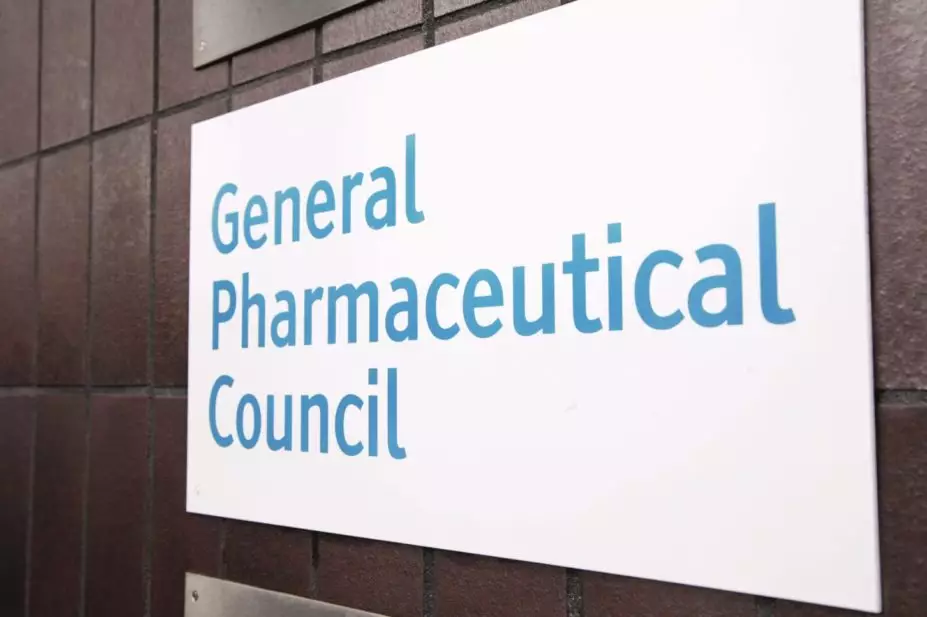
General Pharmaceutical Council
The government has announced that it will proceed with changes to legislation to enable pharmacy regulators to determine the duties of a responsible pharmacist, including if they can be in charge of more than one premises.
The draft Pharmacy (Responsible Pharmacists, Superintendent Pharmacists etc.) Order 2022, published on 28 April 2022, is the official government response to a consultation on changes to the rules over responsible pharmacists, which took place in 2018.
The draft government order amends the 1968 Medicines Act that says: “A person may not be the responsible pharmacist in respect of more than one set of premises at the same time, except in circumstances specified by the Ministers in regulations”. The draft order will transfer this ministerial responsibility to the General Pharmaceutical Council (GPhC) and the Council of the Pharmaceutical Society of Northern Ireland (PSNI).
The draft order adds that any guidance on responsible pharmacist duties from the GPhC must be consulted on and “have regard to the principle that the burdens imposed on businesses by rules or regulations should be the minimum necessary” and that any guidance may “make provision about the responsible pharmacist’s absence from the premises”.
Current regulations concerning the duties of responsible pharmacists – The Medicines (Pharmacies) (Responsible Pharmacist) Regulations 2008 – will be revoked but will remain in place until the GPhC and PSNI make their first rules or regulations.
There has been opposition from some groups to the proposals to give pharmacy regulators powers over the regulation of responsible pharmacists. In 2018, the Pharmacists’ Defence Organisation claimed that it “could lead to remote supervision in registered pharmacies”.
Community pharmacy employers have restarted talks on the future of supervision; however, after all 632 responses to the consultation were considered by the the Rebalancing Medicines Legislation and Pharmacy Regulation Programme Board — which was responsible for drafting the legislation — Ken Jarrold, chair of the board, said in a statement that respondents had taken “the opportunity to raise issues and concerns which were not linked to the proposals that we were consulting on”.
He added that supervision “was one of these” and clarified that the changes laid out in the draft legislation “will not change any of the requirements around transactional governance”.
The government proposal document in 2018 noted that the rules over pharmacist supervision “of sale and supply of medicines, as a general issue, is covered by part 12 of the Human Medicines Regulations 2012, and nothing in this order will impact upon the requirements in part 12 of those regulations”.
Mark Voce, GPhC director of education and standards, welcomed the laying of these draft orders before Parliament.“
He added: If these orders become law, they will give the GPhC and the PSNI the powers to define in professional standards how the roles and responsibilities of chief pharmacists, superintendent pharmacists, and responsible pharmacists are fulfilled.
“In relation to supervision, and the development of all the work arising from these orders, we will be engaging and consulting extensively with patients and the public, pharmacy professionals, the pharmacy sector and all other interested stakeholders to get their views on what the standards should say.
“It is important to emphasise that these orders do not affect the legislation that governs the supervision preparation, sale and supply of prescription only medicines, including the legal requirement for a pharmacist to supervise the dispensing of prescription-only medicines.”
Claire Anderson, president of the Royal Pharmaceutical Society, said: “Moving legislation to regulation will better keep pace with changes in pharmacy practice, but this will also place greater responsibility on the GPhC to ensure robust standards whilst also empowering pharmacists to support patient care.
“The COVID-19 pandemic showed just how important it was for the public to have access to pharmacists’ expertise and we must build on this as part of the NHS recovery.”
The government order must now be approved by Parliament and will go before the Privy Council for agreement.
CORRECTION
This article was updated on 29 April 2022 to clarify that the government order relates to the legislation around responsible pharmacists and that the legal situation around the supervision of the sale or supply of medicines will not change.
1 comment
You must be logged in to post a comment.
You may also be interested in

RPS calls for authorisation of pharmacy technicians to supervise pharmacies to be documented

Pharmacy technicians may prepare and dispense medicines without supervision under government proposals

Very good